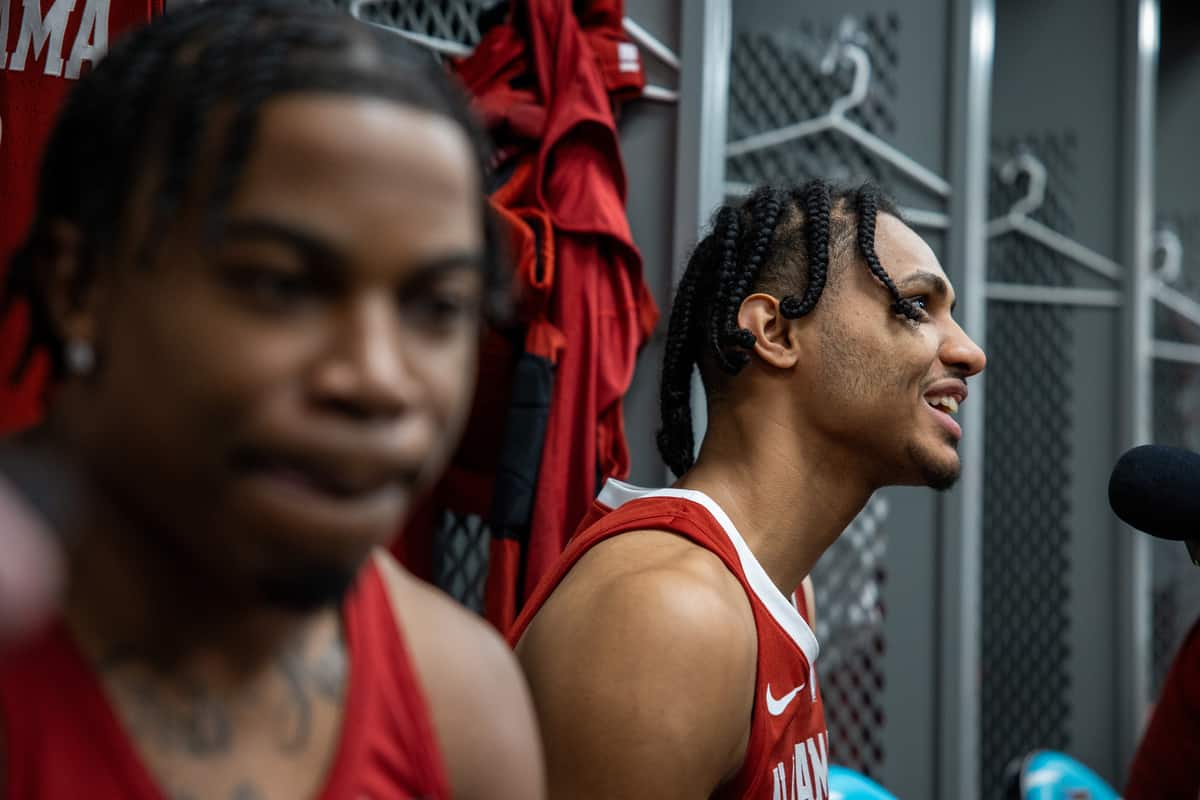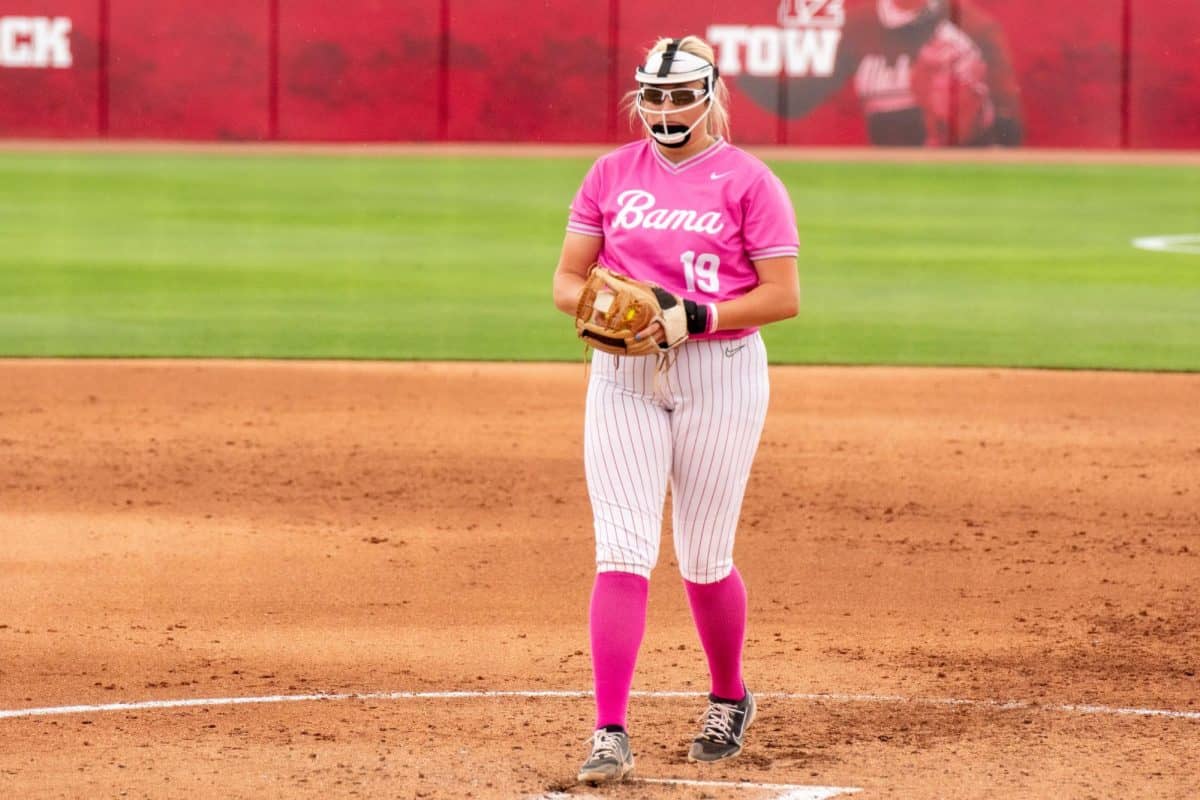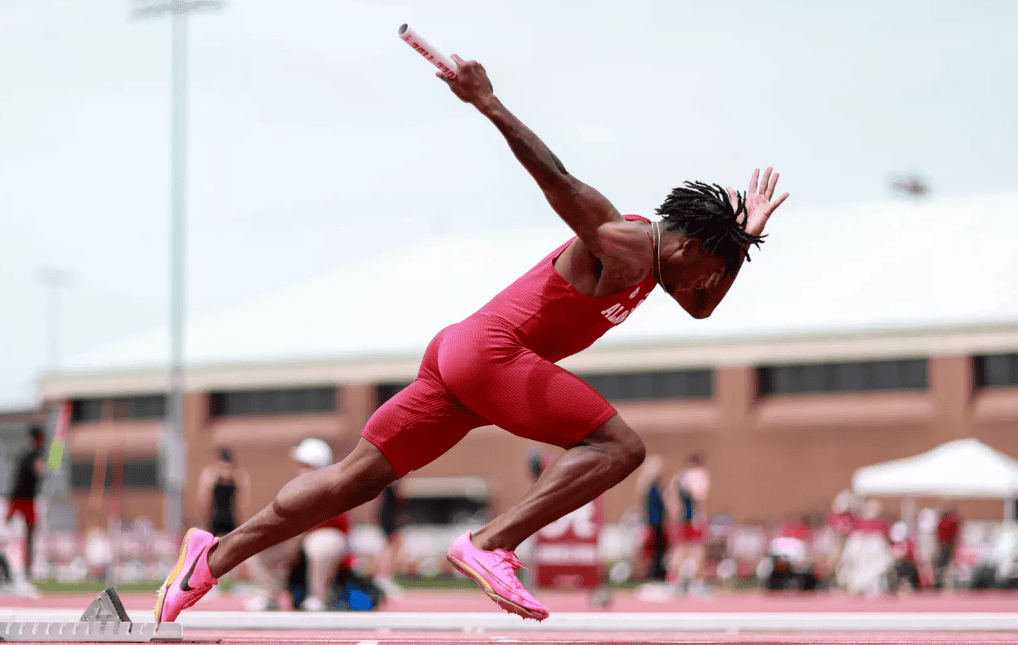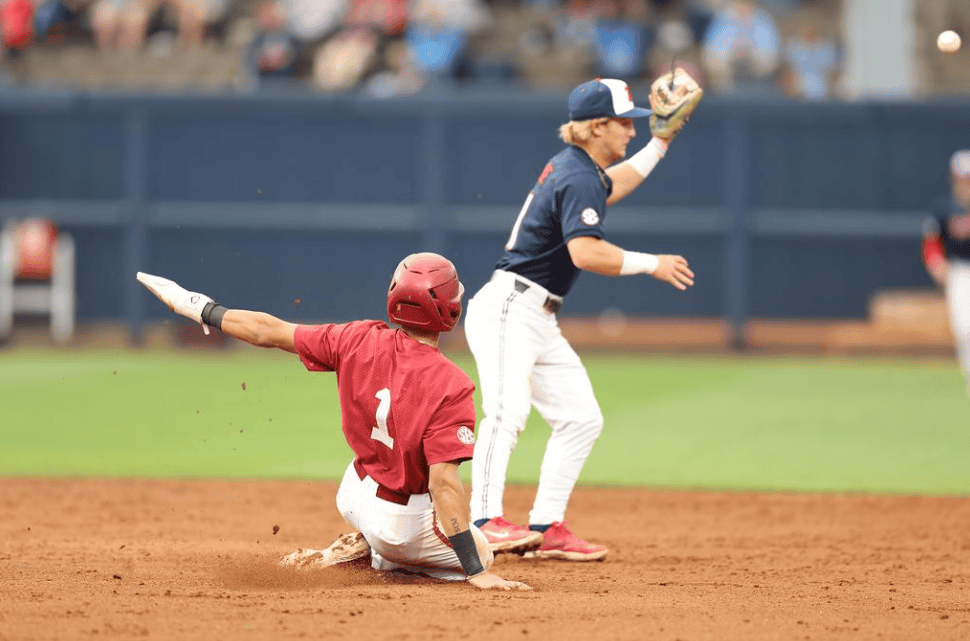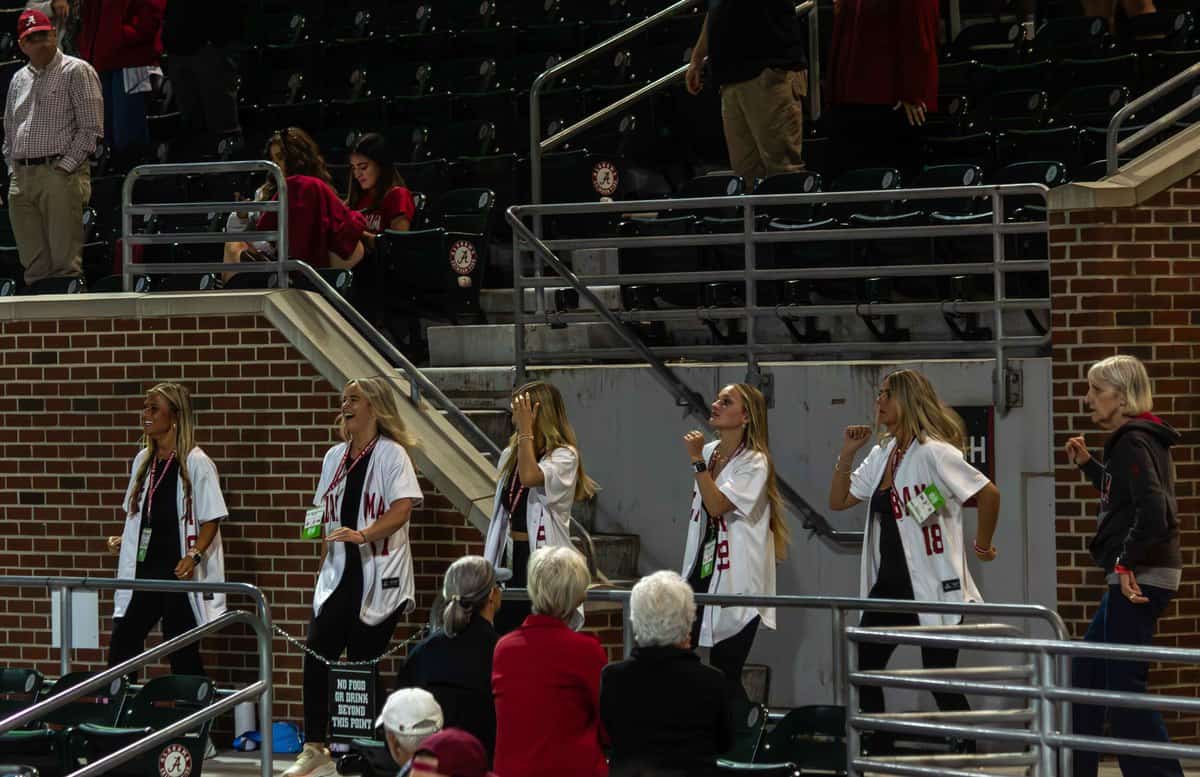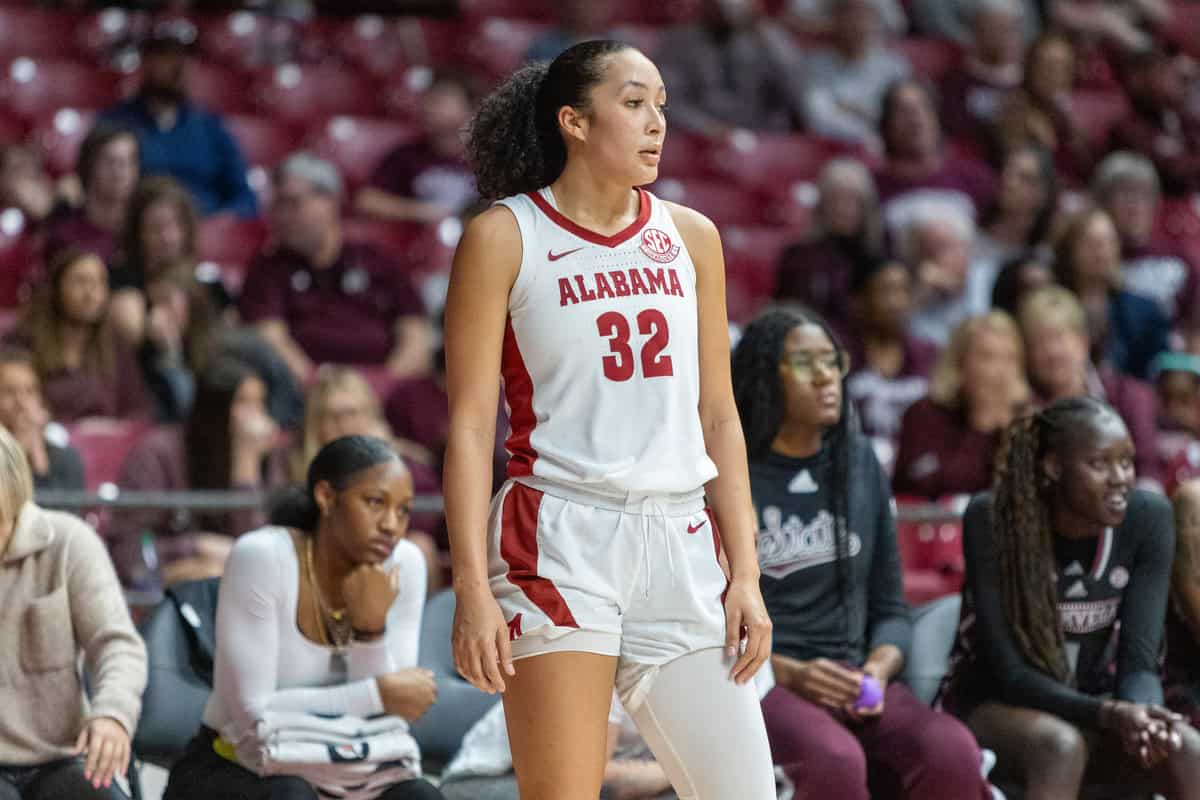Dec. 13, 2013.
Alabama softball head coach Patrick Murphy lies in bed reading Kevin Pritchard and John Eliot’s “Help the Helper: Building a Culture of Extreme Teamwork,” a book named after a basketball term that simply means helping a fellow teammate on the court.
As he thumbs through the pages, he reaches the third chapter. As he continues reading, one of the paragraphs details the concept of treating another person’s success as if it were your own. It attaches an unfamiliar word to a familiar idea for Murphy.
“Mudita.”
He quickly rises out of bed as he realizes he has finally found a name for the sermon he has been preaching to his players during his time at the helm of Alabama softball.
“I used to say if you could be as happy for teammates’ success as if you did it yourself, the sky’s the limit for the team,” Murphy said. “I would say that over and over and over for the first 12 years of coaching at Alabama.”
Thus, the floodgates were opened.
Murphy, eager to know more about Mudita, learned of its origins in Buddhist Sanskrit, uncovering that the word has no English equivalent, only opposites: jealousy and envy.
As the veteran coach became more invested in the concept, it began to manifest in and around his team, both literally and figuratively.
Inside the team’s clubhouse, there’s a mural featuring the word, with the last letter being replaced by the iconic script A. All around the word are pictures of the team celebrating home runs, with the hitter intentionally unknown in each photo, to highlight the team’s reaction to their teammates’ success.
On the field, the Crimson Tide saw immediate success the following season, winning the SEC regular-season championship and reaching the Women’s College World Series for the third time in four years.
Flash-forward to Jan. 6, 2024.
Murphy, as he routinely does, sends a congratulatory text to Alabama men’s basketball head coach Nate Oats after the Crimson Tide’s 78-75 victory over Vanderbilt to open conference play.
The next night, Oats reaches out first.
“I might need that Mudita talk,” he says.
The two set up a time for Murphy to come and speak to the team the next day.
He arrives at Coleman Coliseum as the team wraps up a grueling three-hour practice. As the visibly exhausted players file into the team room, Murphy begins his sermon, detailing the ancient concepts of vicarious joy and selflessness.
“They listened,” Murphy said. “It was the coolest thing ever. … They bought in 100%, but so did Coach Oats.”
The next time the Crimson Tide took the floor, it steamrolled South Carolina, defeating the Gamecocks 74-47.
Following that dominant performance, Alabama basketball had its ups and downs, but, unbeknownst to many, a newfound sense of selflessness was fueling the Crimson Tide the whole way.
“I think that the Mudita thing was probably the best thing that happened for this team just because we have so many pieces on our team.” guard Aaron Estrada said. “It’s hard to be consistent at this level without any support. Just knowing that you have your brothers behind you and everybody in your program behind you, I think it just helps on a mental level and ultimately that just helps you play better down the stretch.”
Now, Alabama has taken Murphy’s philosophy to the biggest stage in college basketball. With each game in the tournament seemingly coming down to the play of a different player, the Crimson Tide is showing its ability to “help the helper” every time it takes the floor.

